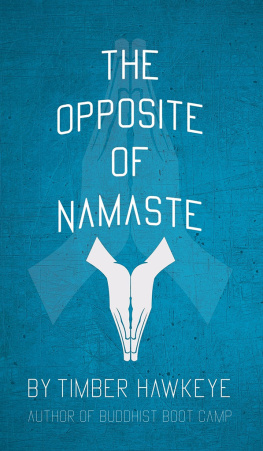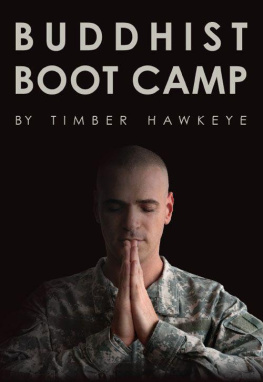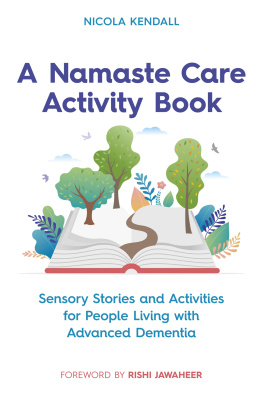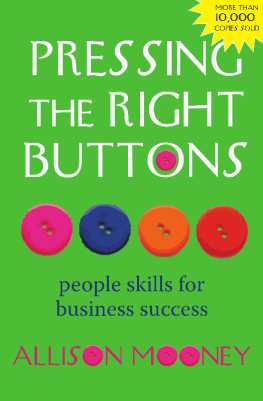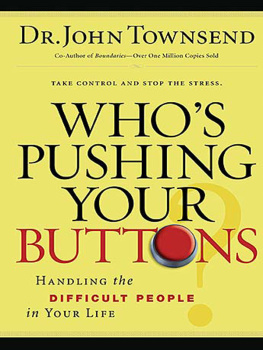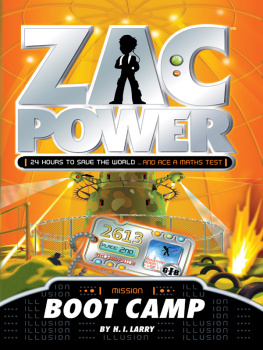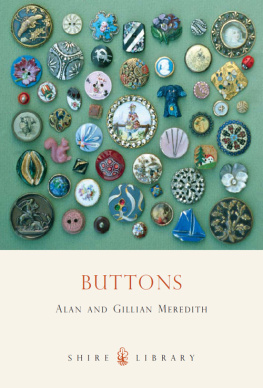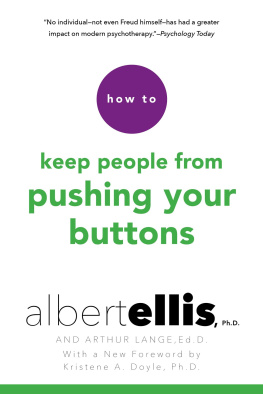Trust those who search for the truth, be skeptical of those who claim to have found it.

The Opposite of Namaste.
Copyright 2022 - Timber Hawkeye
ISBN: 978-1-9460059-5-3 (e-book)
All rights reserved.
TimberHawkeye.com
No part of this book may be used or reproduced in any manner whatsoever without written permission from the author, except in the case of brief quotations embodied in critical articles and reviews.
(CC BY-NC-ND)
Hawkeye Publishers
Los Angeles, California
Library of Congress Control Number: 2022943921
Food for Thought
The chapters in this book are short and easy to understand, and can be read in any order.
If you enjoy this book, please share it with your friends.
Sign up to receive one email from Timber each month at BuddhistBootCamp.com/email
Join our online community on
Facebook and Instagram
@BuddhistBootCamp
Subscribe for free to the
Buddhist Boot Camp Podcast
wherever you listen to your podcasts.
This book is dedicated to you.
The Opposite of Namaste
One definition of Namaste is The divine within me acknowledges the divine within you. Its a reminder that divinity resides in each of us, and the greeting helps us regard everyone as holy.
This is easy to do when we are surrounded by loving, generous, and considerate people who treat us and others with kindness and compassion. But, what happens when you come across someone who is rude, hostile, impatient, or greedy? It becomes difficult to see them as divine, which is why I think we need a term for the opposite of Namaste; something that says The ego in me acknowledges the ego in you. After all, Ive been rude, hostile, impatient and greedy before (havent we all?). So, The opposite of Namaste immediately makes everyone more relatable, and it stops us from falling into the trap of thinking ourselves superior to anyone.
Everyone does what they do because they believe its a path to happiness (or they wouldnt do it). And people wont stop doing what they do if they still find value in it. Thats all there is to it.
Personally, I have either knowingly or mindlessly purchased clothes or electronics that were made through slave labor, and I have eaten food that tasted good even though its production was harmful to the environment and to other beings on the planet. I am no saint. Once I knew better, I started doing better, but not a moment before.
From the perspective of radical self-awareness, whenever someone acts out of their ego, I totally get it (theres an ego within me, too), so there is no judgment whatsoever. The opposite of Namaste removes any and all belittling of others because we wouldnt see them as any different from us.
The ego in me sees the ego in you.
People will continue doing bad things, but that wouldnt make us any better than them. Lets not to criticize what we havent even made the effort to understand, for once we understand, there is nothing left to criticize. We have all experienced how powerful and blinding the ego can be.
When you complain about somebody elses behavior (whether you personally know them or not), its because you jump straight to judgment without making the effort to understand them. So, next time you are upset with someone, remember that we all have an ego within us that can overpower the divine. The egos main obsession is self-preservation at all costs. It is not concerned with healing or altruism; it is solely fixated on making itself happy.
With The Opposite of Namaste in mind, cant you already better understand more people in your life? Maybe you can even see yourself more clearly?
Having said all that, I am NOT suggesting we come up with an actual word to say aloud to anyone (this mantra is to only be used in your head). Just look at everyone and think to yourself: the ego in me acknowledges the ego in you, and the divine within me loves the whole of you (ego and all).
This may just be the skill we need to level the playing field. It will certainly do away with any holier than thou attitudes.
Non-Judgment Day is Here; your participation is encouraged.
Next time you walk into a room full of people, instead of trying to impress everyone, find something impressive about everyone you meet.
Am I Normal?
The dictionary defines the word normal as conforming to what is typical, usual, or expected. Some people choose to conform to social standards, and thats what makes them normal. I just wish I had looked up the definition of the word earlier in life because I thought normal was how we all start out (except for some people who miss the mark, and by some people, I mean me).
From a young age, I was told something was wrong with me because all I wanted to do was stay in my room to read or draw in silent solitude. I spent hours building model airplanes out of tiny parts, and learning computer programming code when PCs were first introduced. I wasnt into any of the typical stuff that a parent would expect from a young boy: I was quiet; I didnt like getting dirty; and I was (and still am) extremely sensitive to noise. I needed things to be very orderly to remain calm, and my violent outbursts were the result of being forced to do what was unnatural for me. I just couldnt relate to the other kids in school, and even when I did make friends, my parents ridiculed them for being as atypical as me.
My mother used to physically force me out of the house because she wanted me to play with the other children in the neighborhood like a normal kid. I remember my dad arriving home from work one evening and finding me sitting outside on the steps. What are you doing out here? He asked. Mom locked me out of the house again, I cried.
My parents just wanted what they thought would be best for me (a life with less ridicule and more fitting in.) They had no idea what to do with a little boy who was totally unlike his older sister, a social butterfly who was always out with her friends.
When I was about to start high school, I was thrilled that my parents decided to move us to the United States. I figured I could reinvent myself, and none of the kids with whom I grew up would be around to make fun of me. Unfortunately, being a foreigner who didnt speak any English, coupled with all the other ways I was already far from typical, only meant it didnt take long for kids in my new school to make fun of me as well. Sadly, I resorted to doing whatever it took to fit in as normal in order to win the approval of my peers. But the harder I tried to mask and fit in, the more inauthentic and unhappy I felt.
I was 13 years old when we moved, which is when a boy turns into a man (at least according to Jewish tradition), so I was on a mission to figure out what it even means to be a man. To the guys at school, being a man meant that I needed to get laid as soon and as frequently as possible, so I did. I lost my virginity at 13, but Im not proud of it. I started sleeping around a lot, but I did it for all the wrong reasons. It screwed me up for a long time, and for the next decade, I associated sex with self-worth. I slept with anyone who wanted to sleep with me, I wore whatever clothes were trendy at the time, and I spent hours memorizing lyrics because I thought knowing the words to pop songs would make me popular (it didnt).
Later in life, to fit in with whatever was perceived as successful, I set out to make a lot of money, so I took a job that I absolutely hated. I now wonder if we try to find ourselves through the years, or if we actually already know who we are, but since the world tells us to fit in, we basically audition for different roles until we nail one that gets us a standing ovation, and thats the role we commit to playing. I moved to a new city every five years, and reinvented myself like a stand-up comedian trying out new material on different audiences to see what works.

